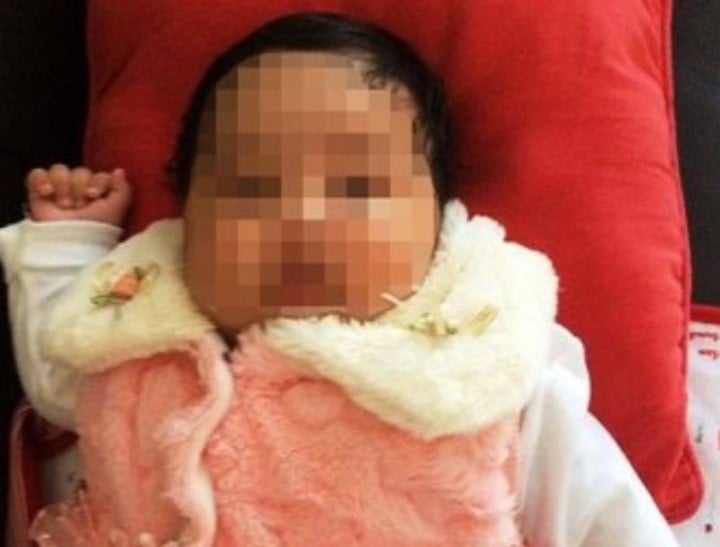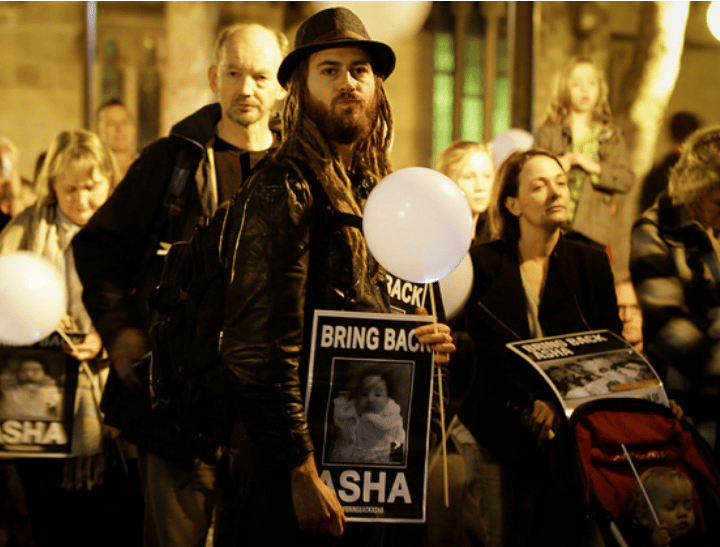
“I knew that things were not good in the Nauru Detention Centre but it didn’t occur to me that the government would send babies to Nauru without ensuring that their most basic needs would be met, including their need to be fed.”
Last month, a five month old baby named Asha and her parents were transferred from Australia to a detention centre in Nauru. Mother and daughter were so traumatised by the experience that Asha can no longer be breastfed. For the past two and a half weeks, Sydney academic Dr Karleen Gribble has been talking to Asha’s mother on the phone to help her get her milk back and to formula feed her daughter in the safest way possible.
Dr Gribble spoke recently about Asha’s life and her mother’s struggle.
I’m not a refugee advocate, I have never before been involved in asylum seeker or refugee issues in Australia. I’m a university academic with a PhD and my area of expertise is infant feeding, particularly infant feeding in emergencies.
For the past 2.5 weeks I’ve been speaking on the phone on a regular basis with Asha’s mum. I was asked to talk to her because she was having real difficulty in feeding her baby. The transfer from Australia to Nauru had been traumatic, and she had stopped breastfeeding as a result. She and her baby were in a dreadful situation because in a place like the Nauru Detention Centre, problems with feeding a baby could be fatal.






























































































